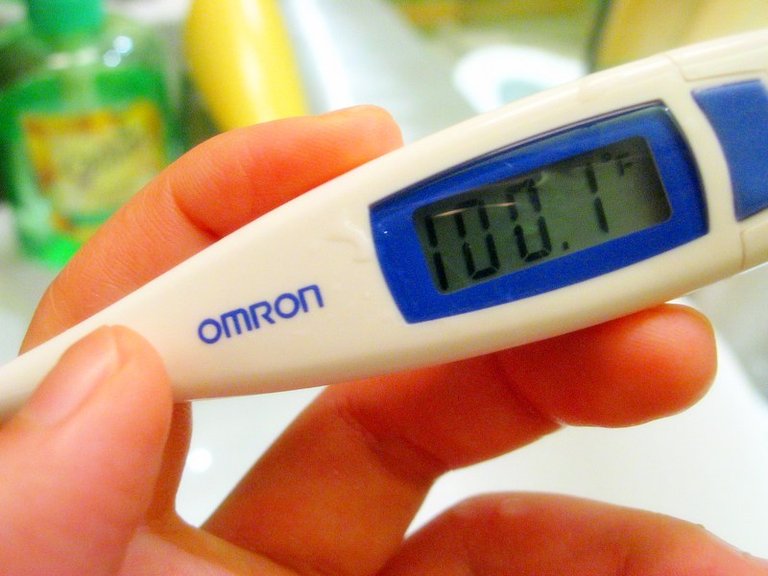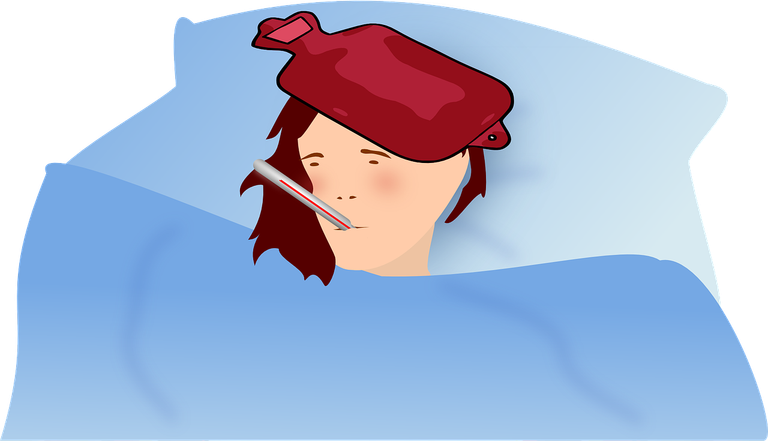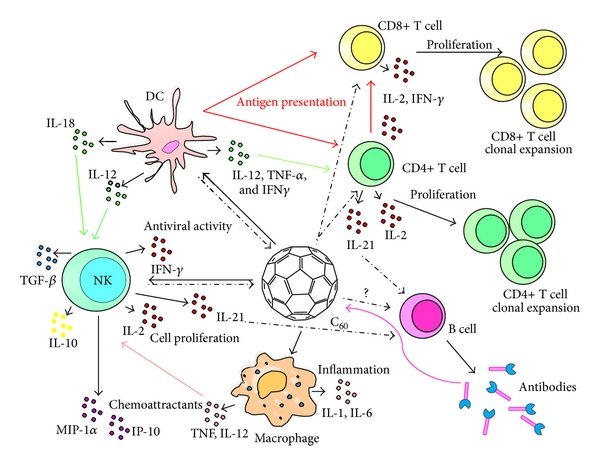Fever - A Menace or The Body's Way of Fighting Invaders
The first line of action for my mom when I have a fever is taking medication to suppress it. Just as my mom is guilty of this act, so is almost everyone because our instinct tells us to save ourselves first but is using medication to reduce fever the right call?
It turns out that fever is one of the body's oldest defense mechanism against diseases but before I continue let me say that different organisms live at different regions and they all have different temperature which cannot be above earths range of -10 degrees Celsius for extreme cold and 120 degrees Celsius for extreme heat. As living beings, we have ideals and stressful temperature range with the ideal range helping us to remain alive while the stressful range putting us at risk of death.
In the ideal temperature, the cells work at optimum capacity, and it is temperature that are suited for these animals that they stay forming their niche where they adapt. Some animals are cold blooded and some are warm blooded. Humans are warm blooded animals and in other to keep our body at the required temperature, we burn a lot of energy to keep us at about 37 degrees Celsius and this temperature is very important to prevent a lot of bacteria, fungi and parasites.
While some microbes cannot enter your body as a result of your temperature, some are at optimum at your body's temperature. It is at this time that your body begins to increase temperature so as to keep the microbe from taking control of your entire body. This is when the body runs temperature and at this time, it is a defensive mechanism against the pathogen. It's not only humans that increases their temperature when they aren't alright, fishes swim to warmer temperature, and reptiles bath in hot sun.
So fever is part of the first line of defense for the body when invaders are already inside the body. Pyrogens are transported via to blood to release chemicals to the brain so it can increase the body's thermostat thereby increasing the temperature. This begins with shivering, followed by contraction of skeletal muscles, the blood vessels in the surfaces contract thereby preventing heat from escaping from the skin. The skeletal muscles allow for heat to be produced allowing the inside of the skin burns.
Burning up requires a lot of energy and each time the temperature has to stay up burning lots of calories. This can lead to general weakness causing the body to be weak while the immune system fight the bacteria. The inflammatory act of the body can cause the DNA of the pathogens to be destroyed, membranes rupture, and it affects protein production for the microbe but while it is doing this damage to the pathogen, it also affects our body cells because our cells are not built for those type of stress.
But while every system in the body is not working at 100% efficiency, neutrophils are working at their highest efficiency as they begin to introduce macrophages and dendritic cells to the region where the pathogen is located. With this, the imtmune system also makes sure that the nutrient in the blood that could help the pathogen grow is either used up or swallowed thereby stressing the pathogen more.
In this process, the pathogens produce heat shock proteins to repair themselves and produce more heat but also our cells also able to create HSP. With HSP creation in excess, the cell is stressed thereby causing the natural killer cells to begin to destroy the pathogen cells but at the same time, it could destroy our cells.
While fever is good for fighting pathogen, why do we use medication? We could say that the use of Acethaminophen and other pain relief drugs are used when the body is heating up because pain and fever are closely connected and when we use those medications, they also work against fever. Doctors give this medication when they are going to be using other medications to treat the problem itself and not the fever, or when they feel the fever can cause greater damage than good in the body of the patient. Fever over 40 degrees Celsius is dangerous to the body and needs to be stopped.
It is good to state that there are no conclusive evidence that shows that stopping fever in the body can lead to better outcomes with respect to health but when it comes to neurological issues and cases of stroke or possible stroke, then stopping the heat will be a good call. At the end, it is important to discuss with your doctor when you have a fever instead of self medicating.
READ MORE
https://www.journals.uchicago.edu/doi/abs/10.1086/685302
https://www.ncbi.nlm.nih.gov/books/NBK538294
https://www.journals.uchicago.edu/doi/abs/10.1086/685302
https://onlinelibrary.wiley.com/doi/epdf/10.1002/bdra.20277
https://www.journals.uchicago.edu/doi/abs/10.1086/685302
https://www.ncbi.nlm.nih.gov/pmc/articles/PMC7195085/
https://med.stanford.edu/news/all-news/2023/09/body-temperature.html
https://www.ncbi.nlm.nih.gov/pmc/articles/PMC7195085/
https://doi.org/10.1098/rspb.2016.0266
https://www.sciencedirect.com/science/article/pii/S128645790001337X
https://www.ncbi.nlm.nih.gov/pmc/articles/PMC7717216/pdf/eoaa044.pdf
https://www.ncbi.nlm.nih.gov/pmc/articles/PMC4786079/
http://www.jstor.org/stable/10.1086/663946
https://www.nhs.uk/medicines/paracetamol-for-adults/common-questions-about-paracetamol-for-adults/
https://www.tandfonline.com/doi/full/10.3109/02656736.2013.808766
https://www.ncbi.nlm.nih.gov/pmc/articles/PMC7122269/
https://www.ncbi.nlm.nih.gov/books/NBK331/
https://www.ncbi.nlm.nih.gov/books/NBK562334/



Thanks for your contribution to the STEMsocial community. Feel free to join us on discord to get to know the rest of us!
Please consider delegating to the @stemsocial account (85% of the curation rewards are returned).
Thanks for including @stemsocial as a beneficiary, which gives you stronger support.
Good read. Some times I feel like it’s our body’s way to fight invaders